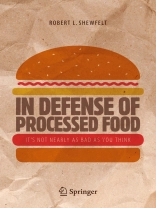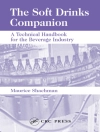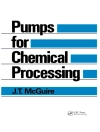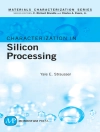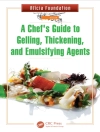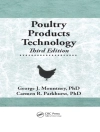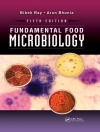It has become popular to blame the American obesity epidemic and many other health-related problems on processed food. Many of these criticisms are valid for some processed-food items, but many statements are overgeneralizations that unfairly target a wide range products that contribute to our health and well-being. In addition, many of the proposed dangers allegedly posed by eating processed food are exaggerations based on highly selective views of experimental studies. We crave simple answers to our questions about food, but the science behind the proclamations of food pundits is not nearly as clear as they would have you believe. This book presents a more nuanced view of the benefits and limitations of food processing and exposes some of the tricks both Big Food and its critics use to manipulate us to adopt their point of view. Food is a source of enjoyment, a part of our cultural heritage, a vital ingredient in maintaining health, and an expression of personal choice. We need to make those choices based on credible information and not be beguiled by the sophisticated marketing tools of Big Food nor the ideological appeals and gut feelings of self-appointed food gurus who have little or no background in nutrition.
Daftar Isi
Preface.- Introduction: A note on science and a note on food.- Why is America so fat?.- Why does processed food have such a bad reputation?.- Why can’t we get more fresh and locally produced food in our supermarkets and restaurants?.- How widespread is food addiction in our culture?.- Why are there so many chemicals in our food?.- How can we tell which foods are real and which ones are not real?.- How damaging is food processing to the nutrients in natural foods?.- How safe is the American food supply?.- How can we eat more responsibly to save the environment for our children and grandchildren?.- Can processed food be part of a responsible diet?.- Bibliography.- Notes.
